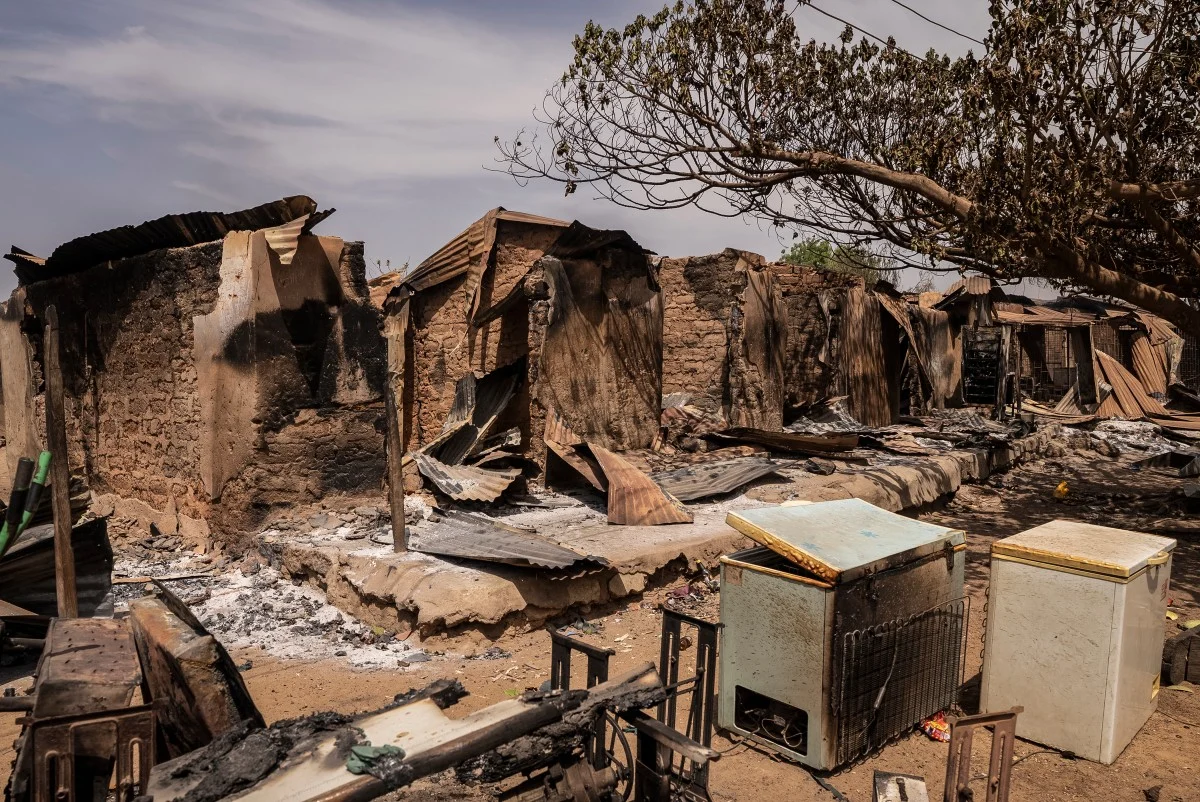
The US Federal Reserve has issued a new hi-tech $100 banknote comprising several new security features.
It includes a blue 3D security ribbon and a bell and inkwell logo that authorities say are particularly difficult to replicate.
These combine with traditional security features, such as a portrait watermark and an embedded security thread that glows pink under ultraviolet light.
The 3D security ribbon - which is woven into the note, not printed on it - features images of 100s that change into bells and move upwards or sideways depending on how you tilt the paper. Tilting also reveals a green bell within a copper-coloured inkwell to the right of the blue ribbon.
Referring to the embedded security thread Chadwick Wasilenkoff, chief executive of security paper company Fortress Paper, said "It's not a small incremental step up for security, it's a giant leap." In addition, the 100 number in the bottom right-hand corner shifts from copper to green.
The 2010 design was delayed because of "unexpected production challenges".
The redesigned banknote, which features a portrait of US founding father and scientist Benjamin Franklin, also includes raised "intaglio" printing that gives the notes a distinctive feel, and micro printed words that are difficult to read without magnification.
US authorities say that $100 bill is the most counterfeited of all US banknotes, but accurate figures for the total value of counterfeit cash in circulation are hard to come by.
Advances in design software and high-resolution copying and printing have made it easier for counterfeiters to print fake money and harder for retailers to spot the forgeries.
The US Secret Service estimates that counterfeit bills account for less than 0.01% of the $1.1 trillion (£683bn) of US money in circulation.
It says about $80.7m of counterfeit currency changed hands domestically in 2012, and about $14.5m abroad.
The authorities seized $9.7m in counterfeit cash before it could make it in to the US money supply, and seized $56.8m abroad in 2012.
Bruce Schneier, security expert says "Bills have to be easy to produce cheaply and in large quantities by the government, yet hard to reproduce in small quantities by counterfeiters.






















